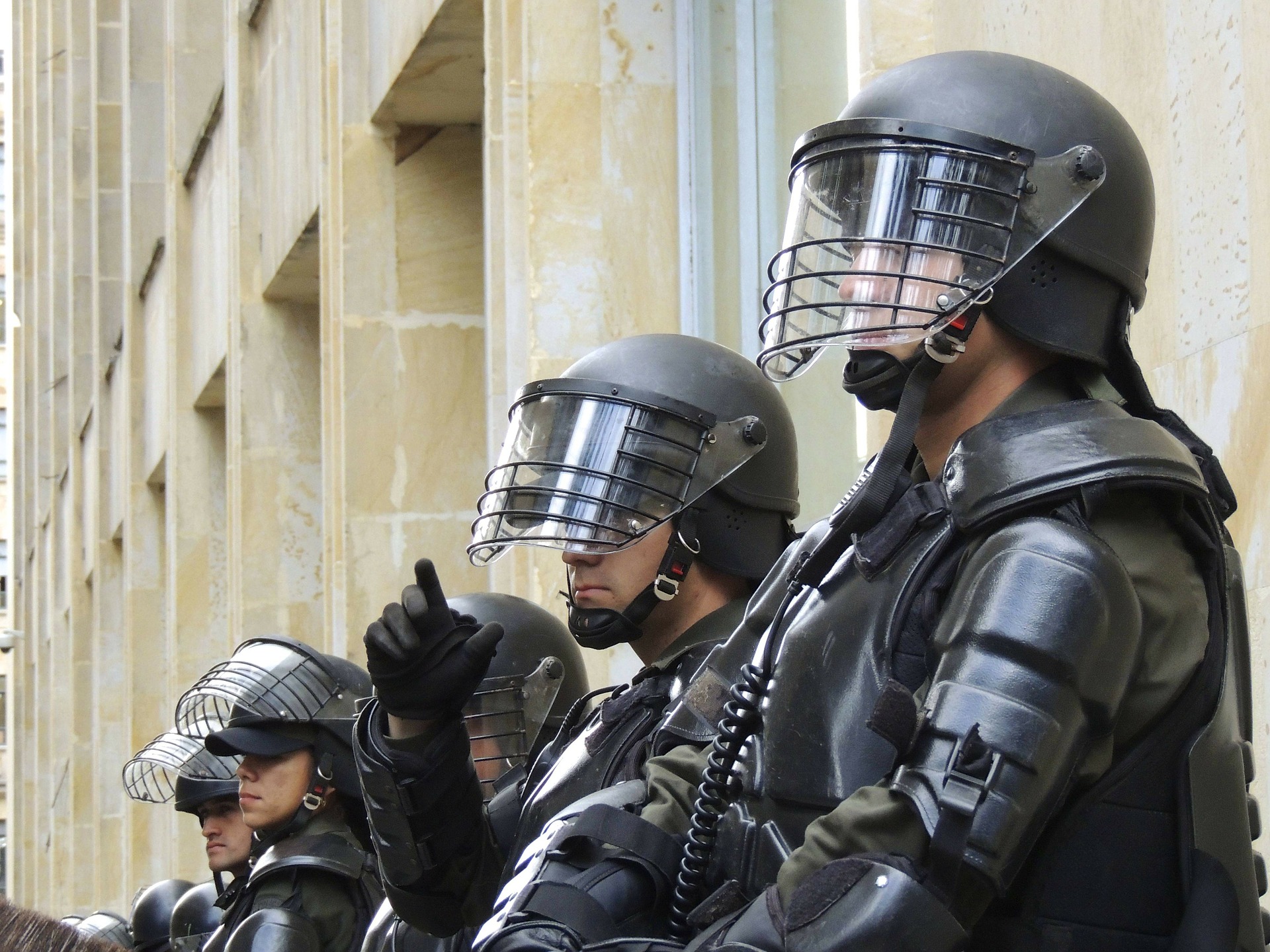
When protesting unemployment claims the employer has the burden of proving misconduct. To do this the employer must show the employee’s acts or omissions meet the state definition of misconduct.* The employer must also show the claimant knew or reasonably should have known his or her actions could cause harm to the employer.
Misconduct is commonly defined as a willful violation of the standards of behavior an employer has the right to expect of an employee. An act that amounts to a willful disregard of an employer’s interests or recurring negligence demonstrating wrongful intent is misconduct. Isolated instances of poor judgment, good faith errors, unavoidable accidents, absences due to illness, or mere inefficiency resulting from lack of skills or experience are not misconduct.
Determining Misconduct
Take into consideration the following points to help determine employee misconduct.
- An isolated instance of poor judgment is not considered misconduct. However, “poor judgment” does not excuse an act of gross misconduct (assault, theft, etc.)
- A single instance of carelessness or tardiness, unsatisfactory conduct beyond the claimant’s control, or inefficiency is not misconduct.
- Violation of the law is not misconduct unless it is connected with the work or the results that affect the work.
- Consuming alcoholic beverages or intoxicants while off duty, when this consumption does not affect the work or the employer’s interests, is not misconduct. Intoxication is usually misconduct if the employee is not able to appear at work or perform the work.
- Insubordination is misconduct, but the circumstances must be examined to determine whether it was willful and justified.
- Personality conflicts are not usually misconduct unless they involve acts of aggression towards other employees.
- Absences or tardiness without proper notification is usually misconduct unless there were extenuating circumstances outside the claimant’s control.
- A violation of company policy – standing alone – is not misconduct.
The final incident prompting dismissal is what the state reviews to establish whether misconduct caused the termination. To prove misconduct to the state, the employer must show what efforts were made to control or prevent the behavior.
An employer can be found to have actually condoned the behavior if there was a lack of prior warnings. The employer must show that the employee was given a chance to correct the behaviors, and that the employee knew that the consequences for further violations might include termination.
Written documentation is crucial.
* States define “misconduct” in the unemployment process differently. Make sure you understand exactly what is required in your state.



